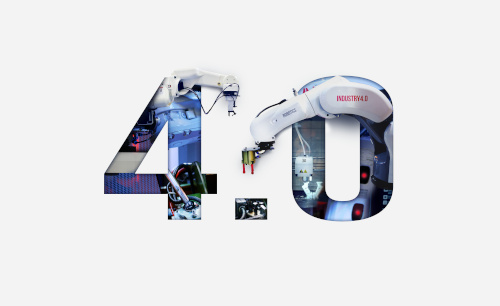The 4th Industrial Revolution is the current phase of rapid technological change. It is also known as Industry 4.0, and the advent of robotics, artificial intelligence, and automation has marked it. Klaus Schwab coined the term in 2013 in his book “The Fourth Industrial Revolution.” He defines it as “a new stage of industrialization characterized by a fusion of technologies blurring the lines between the physical, digital, and biological spheres.”
The 4th Industrial Revolution is a time of significant change. It is a time when new technologies and innovations are transforming the world. The role of educators in this revolution will be to prepare students for the future. Educators are uniquely positioned to help students understand how these changes will affect their lives and careers. They can also help students learn how to use these technologies responsibly and ethically.
How Technology is Changing the Way We Learn
The educational system is changing with the introduction of new technologies. But what are the benefits and drawbacks of this change? The benefit of this change is that students can learn at their own pace in a way that is most effective for them. The drawback is that we need to retain some of the human aspects of education. Students don’t get to interact with their teachers in person or have human-to-human interactions, which could be beneficial.
The impact of technology on our society has created a need for educators to understand the new skills and knowledge needed in the workforce. The 4th Industrial Revolution will require students to be creative, collaborative, and critical thinkers. The current curriculum needs to be updated, but the skills needed are within our reach. We must first recognize the need for a shift and then work to operationalize the changes necessary to prepare our students for the future.
The Future of Education in a World of AI and Automation
With the advent of AI and automation, education has to change. It is no longer enough to have a degree and expect it to put you ahead in the workforce. AI is going to be taking over many jobs in the future. And what are people going to do? That’s right; they’ll learn more skills to keep up with AI and automation. The future of education must focus on teaching people how to learn new skills quickly, find information, assess information for accuracy, and make decisions based on evidence.
The future of education is a topic that has been debated for decades. With the rise of AI and automation, traditional education’s role is becoming more uncertain. AI and automation are changing how we work, live, and learn. These changes will shape the future of education. Education is intertwined with many complex global issues, such as long-range employment forecasts and economic markets. As automation and AI continue to grow, the debate over their use in the workforce has intensified. Some argue that automation could lead to mass unemployment, while others see it as an opportunity for growth. As educators, our charge is to ensure that our students are enrolled, enlisted, or employed. The future’s changing landscape must be considered during curriculum development and delivery.
The Future of Education in a World of AI and Automation
Some people believe that AI will be able to replace teachers in the near future. They argue that it will be easier for students to learn from an AI than from a human teacher. Others believe that AI will not be able to replace teachers because they are more than just educators; they are mentors and guides who help students grow into responsible adults; who can adapt to the issues that they face in life. The future of education is becoming more and more automated. With AI’s help, teachers can focus on what they do best: teaching.
The balance of AI and high-quality teaching should be the target of our instructional programs in school. The 4th Industrial Revolution has already begun; it’s time for educators to join the revolution and partner with businesses and industry to continue to educate our students for the world of tomorrow.
Related:
How to educate in the 4th industrial revolution
- 4 ways to encourage play in education - April 25, 2024
- CoSN IT Leader Spotlight: Lisa Higgins - April 25, 2024
- It’s time to pay student teachers - April 25, 2024

